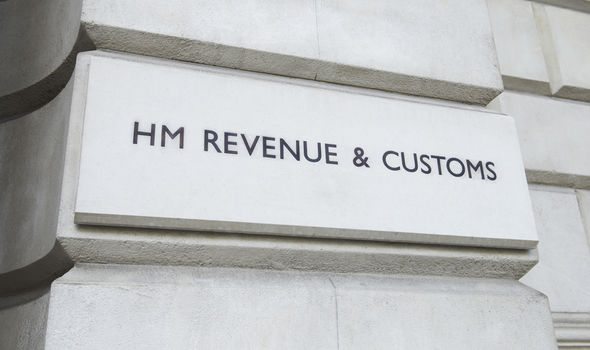HM Revenue & Customs (HMRC) has come up with the 14 most popular sales pitches for tax avoidance scheme which they say don’t work.
Tax avoidance schemes are packages devised by lawyers and accountants to work around the rules with the aim of minimising tax paid by individuals or companies.
HMRC claims a 20% success rate in prosecuting tax avoidance schemes and is warning people not to take their advice because many are marketing wealth management or investment opportunities rather than genuine tax planning.
Spotting a tax avoidance scheme generally means delving into the small print, says HMC.
“At first glance, many of these schemes are interesting investment opportunities that aim to reduce the amount of tax or national insurance paid with contrived or artificial transactions,” said an HMRC spokesman.
Misleading terms
“Read the documentation carefully because the promoters use statements and terms that could be misleading.”
Here’s the HMRC list of common tax avoidance scheme terms:
- Tax avoidance rules do not apply to the arrangements
- Tax barristers have agreed you do not have to tell HMRC about the scheme
- The scheme has run for years and never been challenged by HMRC
- Tax-free payments under this scheme are allowed under tax law
- HMRC has lost previous court cases regarding these arrangements
- If HMRC disagrees with the scheme, all they do is write a few letters and then give up
- HMRC agrees this scheme does not involve tax avoidance
- The scheme has a successful record of implementation
- Leading tax counsel have reviewed the scheme and advise the arrangement is legal and works
- As tax counsel have given advice, HMRC cannot impose penalties
- Earn more and pay less tax with a tax-efficient structure that fully complies with the law
- The scheme is low risk
- You are fully insured against any action by HMRC
- The scheme is HMRC approved and has a reference number
Don’t be fooled
“HMRC never approves tax avoidance schemes and the reference number means the promoters have registered the scheme with us to flag as a possible tax avoidance vehicle,” said the spokesman.
“Taxpayers should not be fooled by these claims. HMRC relentlessly chases down tax avoidance and in some cases, people end up paying more in penalties than they have tried to save in tax.”
Read the latest full HMRC report about tax avoidance
More details about HMRC warning of failed tax avoidance schemes
